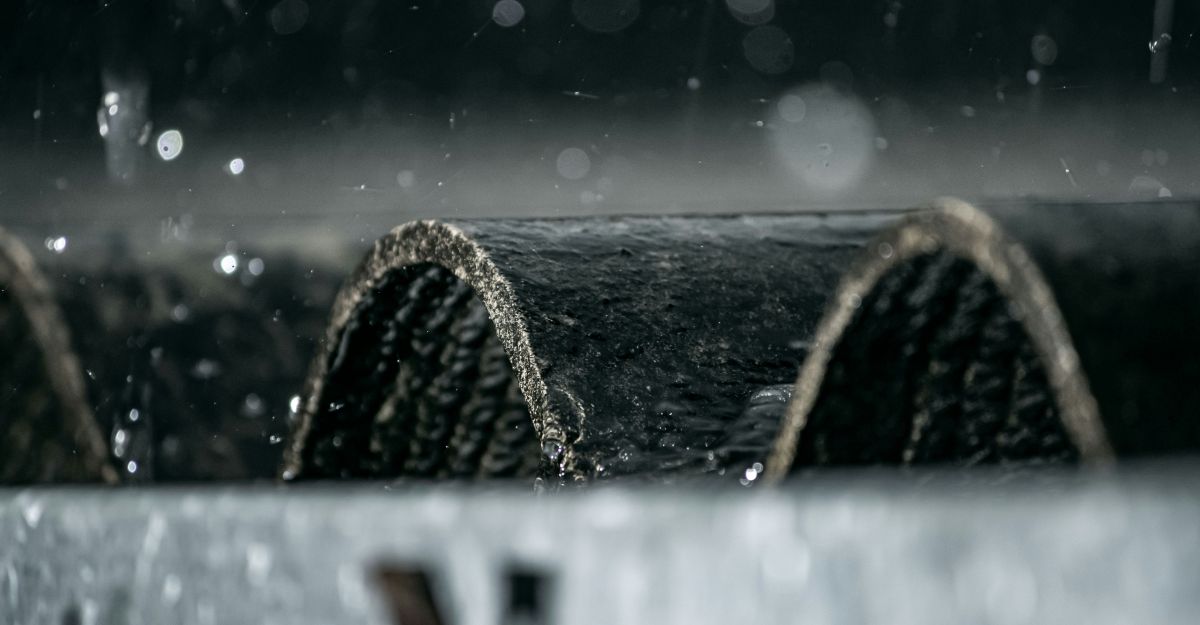Reply to Dennis Altman’s ‘Escaping the Tribe?’
Dennis Altman’s ‘Escaping the Tribe?’ (Overland 196) is a thoughtful attempt to mediate what he takes to be some of the more intransigent ideological positions on both sides of the Israeli–Palestinian conflict. I wish, however, to criticise Altman’s concluding proposition: that the campaign for sanctions on Israeli academic and cultural institutions is in any way equivalent to the censorship of dissenting perspectives practised by Zionist organisations.
In both cases, writes Altman, ‘one suspects moral indignation is more important than any calculation of what might bring effective change’. While I don’t have the space to critique his unfounded optimism that the Australian state – so venal in its foreign policy towards both the United States and Israel – can be miraculously transformed into a change agent on one of the most thorny issues of our times, I will draw attention to a recent article by the Israeli academic Neve Gordon in the Los Angeles Times (20 August). As Gordon writes, the only way to counter Israeli apartheid is ‘through massive international pressure’. Rhetorical condemnations from the Obama administration and the European Union have not even yielded a settlement freeze, let alone a decision to withdraw from the Occupied Territories.
The boycott is not a reflex of indignation towards Israel but argues for sanctions on and divestments from Israeli and international firms operating in the Occupied Territories, in conjunction with institutions, such as the Israeli state, that sustain and reinforce the occupation. Writers, artists, and performers visiting Israel should either be prepared to criticise the occupation and enlarge awareness of it or abstain from crossing what Naomi Klein calls a moral picket line, in which, as she writes, ‘you are making choices … you are taking a side’ for or against legitimising an apartheid state.
We must remember, as Klein writes, that Israel is the biggest boycotter of all in this dispute. It deliberately attacked Palestinian homes, educational institutions and factories in its assault on Gaza; as I write, monitoring groups are criticising Israel for blocking supplies of cement and other building materials to rebuild Palestinian homes in the Gaza strip, and sufficient chemicals to treat its water supply. The state of Israel, intent on the collective punishment and continuing dispossession of the Palestinians, cannot also enjoy the privilege of unfettered cultural and economic exchange with the outside world.
Ned Curthoys, Committee for the Dismantling of Zionism
Belated righting of wrongs?
On one of socialist novelist Ralph de Boissière’s first days at Queen’s Royal College in Trinidad, aged nine, he was accosted by a small English boy who, perusing his face for signs of ‘colour’ two or three generations back, rudely pronounced ‘Nigger!’ and walked away. Another time, Ralph was caned by the headmaster when he made errors in a Latin declension. On 12 November this year, Queen’s Royal College (still ironically bearing the name despite Trinidad’s independence from the empire nearly fifty years ago) will induct Ralph de Boissière into their Hall of Honour. This is apparently one of the most prestigious gestures that the current eminent leaders can make.
Annie de Boissière
© Individual Correspondents
Overland 197-summer 2009, pp. 4
Like this piece? Subscribe!


